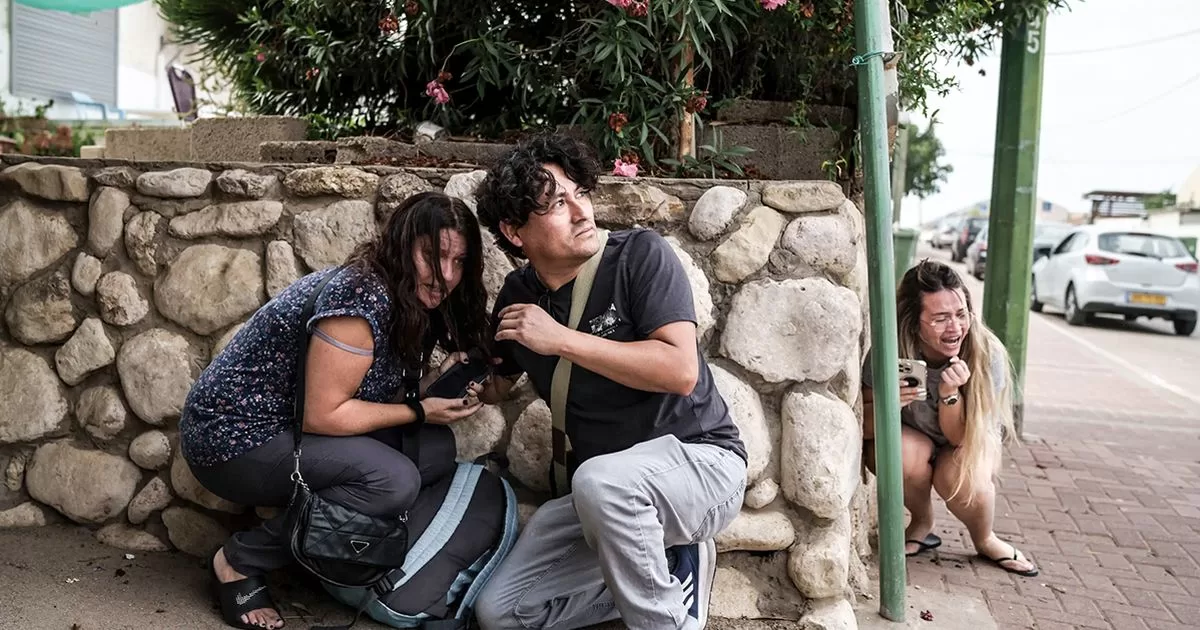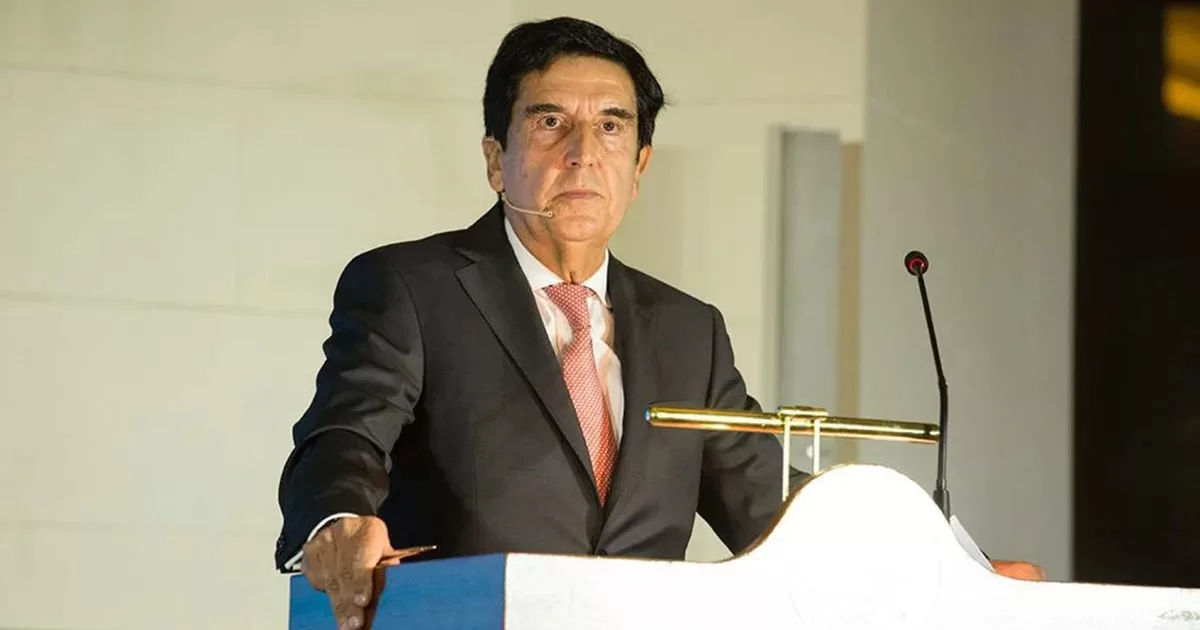After Benjamin Netanyahu resumed leadership of the Israeli Government in December 2022, after managing to organize a coalition of eight parties; The country was plunged into a series of strong popular protests that questioned the democratic nature of controversial judicial reforms that could restrict the power of the Supreme Court in the face of certain legislation or government measures.
Netanyahu defends the measure and states that it is a “law of reasonableness” to “reestablish the equality of powers” and “defend the existence of the Hebrew nation” in the face of the perennial danger that the country is experiencing in the area.
Indeed, several measures proposed by the national Congress (Knesset), which sought to ‘strengthen’ security, in a perennial time of war, were modified or disapproved by the Supreme Court because they supposedly affected certain civil liberties.
Netanyahu stated that “the balance of powers between the authorities was altered and that balance must be restored, so that the democratic choice of the people is expressed by the government elected to defend the will of the people.”
protests
From January to October, large-scale protests occurred across Israel in response to the legislative proposal. Cities such as Tel Aviv, Jerusalem and Haifa were practically paralyzed.
Indeed, the Knesset approved the bill on first reading and the White House called it “unfortunate” that Israel’s legislature “seeks to limit the powers of the country’s highest court.”
In response to the war between Israel and Hamas that began on October 7, several organizations stopped their protests and called for those called up for military service to “defend the integrity of Israel immediately without hesitation.”
The reform was eventually shelved due to the war, with Netanyahu stating that it was “no longer on the table.”
Marathon
In the midst of this situation, like a breath of air, Jerusalem held its annual marathon in March with more than 30,000 participants.
The long-awaited sports competition ran through the main streets of the ancient city divided into six races: full marathon (42.2 kilometers), half marathon (21.1 kilometers), 10 kilometers, 5 kilometers, family race (1.7 kilometers) and community race (800 meters). for people with special needs.
Noah Kigen Kiprotich, 34, and Margaret Njuguna, 53, both from Kenya, won the main competitions in 2:18:13 and 2:52:44 respectively.
Hamas
In the early hours of Saturday, October 7, while the Jewish people were celebrating their holy day Shabbat, the Palestinian armed group Hamas, which has ruled the Gaza Strip since 2006 and does not recognize the existence of the State of Israel, launched some 5,000 destructive rockets and attacked towns in Israeli territory.
The surprise attack, described as “barbarism” by governments and international institutions, left 1,400 Israelis dead, more than 1,000 injured and 240 kidnapped and taken by Hamas to the Gaza Strip.
The images still narrate Dantesque episodes of Hamas terrorists who set fire to homes to force their inhabitants out and slaughter them without mercy.
In fact, Hamas was fed up with the barbaric acts with video recordings and photographs that it later spread.
Hours later, Israeli Prime Minister Netanyahu announced that “Israel is at war” and began a military operation to end Hamas.
In this way, bombs began to fall on terrorist targets in Gaza, while Israel ordered a total blockade of the strip: “We fight human animals,” said Defense Minister Yoav Galant.
Thereafter, water and electricity service was cut off “until Hamas releases the hostages,” Israel warned.
In the early days, Israel received support from leaders of the international community, from the United States to the European Union.
Today the balance of human lives lost is very high. Nearly 20,000 Gazans, including more than 7,000 minors,
Each of the major international institutions, from the Arab League and the African Union to the United Nations, calls for an end to hostilities, but no one guarantees that Hamas will return the hostages it still holds and will give up attacking Israel again. .
“I understand the indignation of the Israelis,” Ferran Espaser, professor emeritus of Law at the University of Lleida, in Spain, told DIARIO LAS AMÉRICAS.
Many fail to understand the Arab-Israeli conflict and accuse Israel of excessive force.
“Terrorists are what they are, cheaters. They make tunnels under schools and hospitals to avoid attacks, but we must understand that this war is against Hamas, not against the Palestinians of Gaza, and many innocent people die,” he stressed.
Fronts
In addition to Gaza, Israel maintains a military alert in the north and east of the country.
The territory of the West Bank, dominated by the Fatah political party that does recognize the existence of Israel, remains outside the new conflict, except for a growing number of protests and violent events demanding an end to the attack on Gaza.
Apparently, there is no connection between the actions of Hamas and Hezbollah in this aggressive escalation against Israel, but the Hezbollah military and terrorist group, which operates from Lebanon and relies on aid from Iran, has carried out several attacks in the northern area. of the Hebrew country.
In the Golan Heights, from where Syria, another enemy of Israel, can be seen, calm is relative.
Meanwhile, the world looks terrified at the death toll and the danger of a major war.
Iran, which could be secretly manufacturing atomic weapons, raises its anti-Israeli flag and vows to “make Israel disappear.”
On the other hand, Israel, which does have recognized atomic weapons, responds that its attack on Hamas in Gaza “is the response to a vile attack,” in reference to the terrorist attack of October 7.



